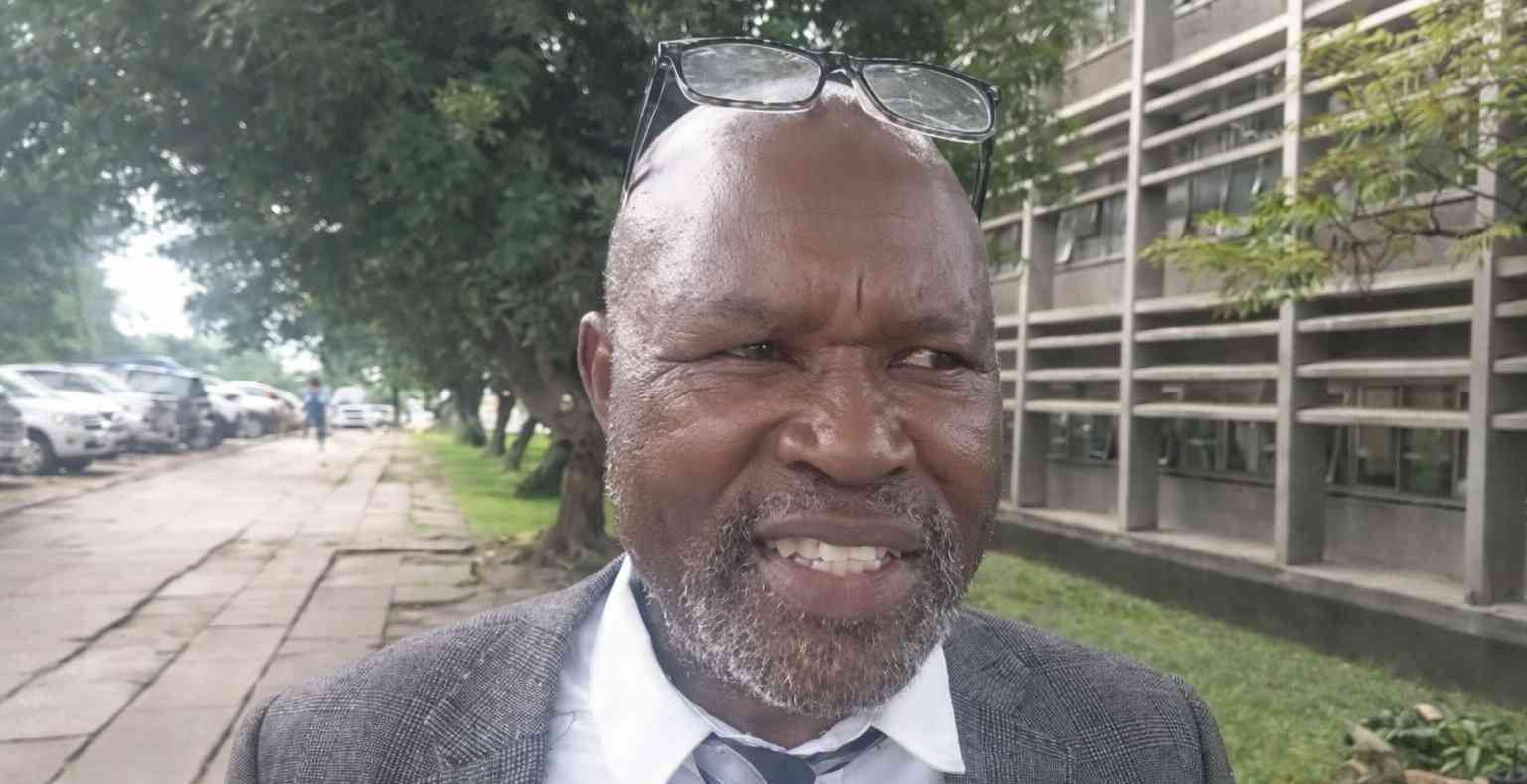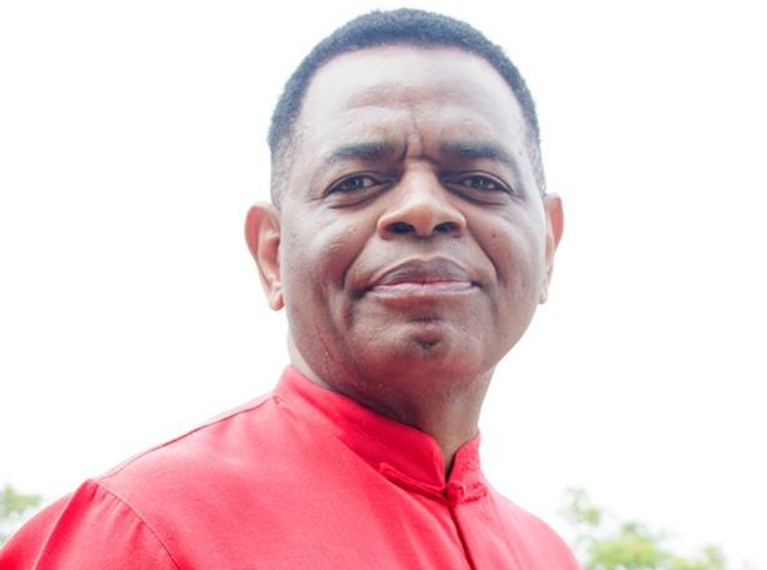
I am because we are — Ubuntu proverb
“And what becomes of us… when those who care for us are no longer well?”
While the world remains gripped by visible epidemics like cholera, malaria, and HIV, a quieter, deeper crisis continues to spread—a crisis that ravages the emotional and spiritual well-being of those entrusted to heal.
Across Africa, health workers—nurses, doctors, aides, and therapists—are breaking under the weight of trauma, burnout, and systemic neglect.
They suffer from anxiety, depression, moral injury, substance dependency, and even suicide.
The tragedy is not rooted in their incompetence or lack of commitment—but in the absence of a system that cares for its caregivers.
Behind the walls of clinics and hospitals, beneath the white coats and uniforms, are broken hearts and exhausted souls who have given far more than they’ve received.
In many African countries, public health is reactive, bureaucratic, and emotionally disconnected. Instead of wholeness, we see compartmentalisation.
Instead of healing, we see systems stretched to their limits—where mental, emotional, social, and spiritual health are sidelined or ignored entirely.
Health professionals are treated as tools. Overburdened, underpaid, and emotionally unsupported, they’re expected to perform miracles without rest or recognition.
In spaces where vulnerability is mistaken for weakness, many suffer silently, enduring trauma with no outlet or reprieve.
Ubuntu teaches us that “a person is a person through other people.” But in many clinics and wards, connection has been replaced by compliance. Compassion is reduced to protocol. Care is measured in outputs, not outcomes.
This unsustainable model is pushing thousands of African health professionals abroad. Drawn by the promise of stability, better infrastructure, and fairer pay, many migrate to the UK, Canada, Australia, or the US. Yet in many cases, the emotional cost of migration outweighs the financial gains.
While professional environments may improve on the surface, personal and cultural well-being often deteriorate.
Health workers find themselves overworked and culturally isolated, operating in systems that may be efficient but emotionally sterile. They miss funerals, weddings, and the laughter of children they raised from afar.
They become caregivers to strangers while emotionally starving themselves. Their absence tears at the fabric of families and communities back home. Systems lose not just skills, but mentorship, tradition, and continuity.
Ubuntu warns: Pull one thread from the communal fabric, and the entire weave begins to unravel.
If these patterns persist, we risk cascading consequences that cannot be fixed by policy alone:
Our healers will become the walking wounded—silently suffering, yet publicly performing strength.
Diaspora families will fracture under emotional distance and unresolved grief.
Public health systems will collapse—not because of pathogens, but due to soul erosion and cultural displacement.
A new generation will glorify foreign systems while losing faith in the power and dignity of local healing.
This is not only a healthcare crisis—it is a moral, cultural, and spiritual breakdown. It is a forgetting of Ubuntu. A forgetting of who we are.
The future of African healthcare depends not only on budgets or infrastructure—but on culture, identity, and healing justice. We must move from fragmentation to wholeness. From machinery to meaning. From extraction to nourishment.
Healing is sacred work. And sacred work requires sacred systems.
- Rebuild public health around ubuntu
Public health should be a living reflection of our communal values. It should protect the humanity of those who serve. Systems should be redesigned to nurture relationships, dignity, and interconnectedness.
Health professionals must be seen as whole human beings—with stories, struggles, and souls. Their well-being should be as important as the patients they serve. Systems must honour storytelling, traditional wisdom, silence, song, and ceremony—not just metrics and machines.
Let us build hospitals where song and ritual are as welcome as medicine. Let us create clinics that feel like community homes.
- Integrate mental health into the core of care
Mental health must no longer be an afterthought. Every caregiver deserves a space to rest, reflect, grieve, and heal. Institutions should be trauma-informed, grief-literate, and emotionally intelligent.
Peer support circles, accessible therapy, sabbaticals, and reflective practice must be normalised. Health workers must be supported in their emotional work, not shamed for it.
Let us honour tears. Let us bless pauses. Let us protect the healers’ right to be human.
- Create transnational healing circles for Diaspora workers
The African diaspora is rich with wisdom, sacrifice, and pain. Too often, these caregivers live in quiet exile—estranged from community, culture, and spirit.
We must create transnational networks that offer emotional support, cultural reconnection, and spiritual homecoming. Healing circles, digital storytelling, mentorship platforms, and cultural reintegration programs can offer balm for diaspora wounds.
Let us welcome them home—not only physically, but emotionally. Let us say: your roots are not forgotten. Your story still matters.
- Embed values-based training in medical education
Healthcare is not just science—it is soulwork. Training must include ethics, mindfulness, compassion, and emotional resilience.
Programmes like VIHASA (Values in Healthcare: A Spiritual Approach) provide blueprints for cultivating empathy, moral clarity, and inner strength. Medical students must be encouraged to ask: Why do I serve? Who am I when the mask comes off? What does healing mean beyond the clinical?
A new generation of health professionals must be equipped to serve not just with skill—but with presence and purpose.
The future we must cultivate
Healing begins where the heart meets the land — indigenous proverb
The comfort you find in the rustle of leaves or the rush of a river isn’t coincidence; it’s connection. We owe it to ourselves and future generations to ensure that connection doesn’t turn into a long-lost echo.
In a healthcare context, “descalating from mind to heart operations” refers to a crucial shift from a purely clinical, analytical, and often detached approach to one that is more empathetic, compassionate, and holistic built on our sacred ubuntu philosophy.
It’s about integrating the scientific rigor of medicine with the human element of care, recognising the profound mind-body connection in health and healing.
In essence, “descalating from mind to heart operations” in healthcare is about remembering that at the core of medicine lies a human connection.
It’s about bringing the wisdom of compassion and empathy to complement the indispensable knowledge and logic of clinical science, leading to more effective, humane, and ultimately, healing care.
Africa or Zimbabwe in particular cannot continue to export its healers while neglecting their spiritual and emotional well-being. We must stop glorifying systems that fracture the very people we depend on.
Let us change the narrative. Let us value caregiving not as labour but as sacred community service. Let us build healing environments rooted in cultural heritage, traditional wisdom, and Ubuntu.
Let us honour regeneration over remittances. Let us create a culture where our brightest do not need to leave to survive. Let us believe that we can heal ourselves—together.
Because when our healers are whole, our people can begin to truly heal too.
*Tinashe Elvis Chikodzi is a writer, public health advocate, and regeneration mentor committed to building inclusive, values-based systems in Africa and beyond. His work explores trauma, identity, justice, and the spiritual rebirth of communities.
These weekly articles are coordinated by Lovemore Kadenge, an independent consultant, managing consultant of Zawale Consultants (Private) Limited, past president of the Zimbabwe Economics Society and past president of the Chartered Governance & Accountancy Institute in Zimbabwe . Email address- [email protected] or Mobile No. +263 772 382 852











